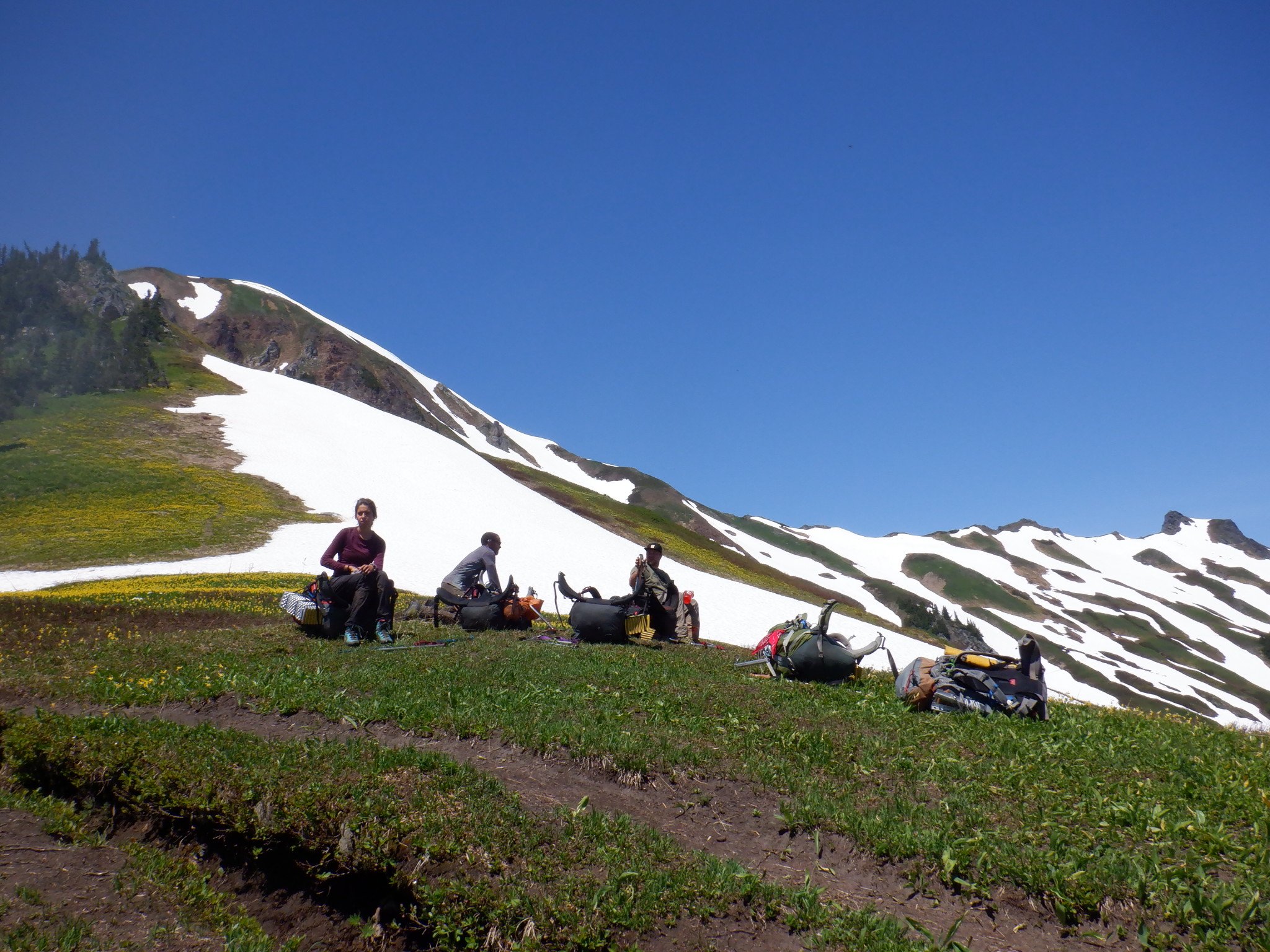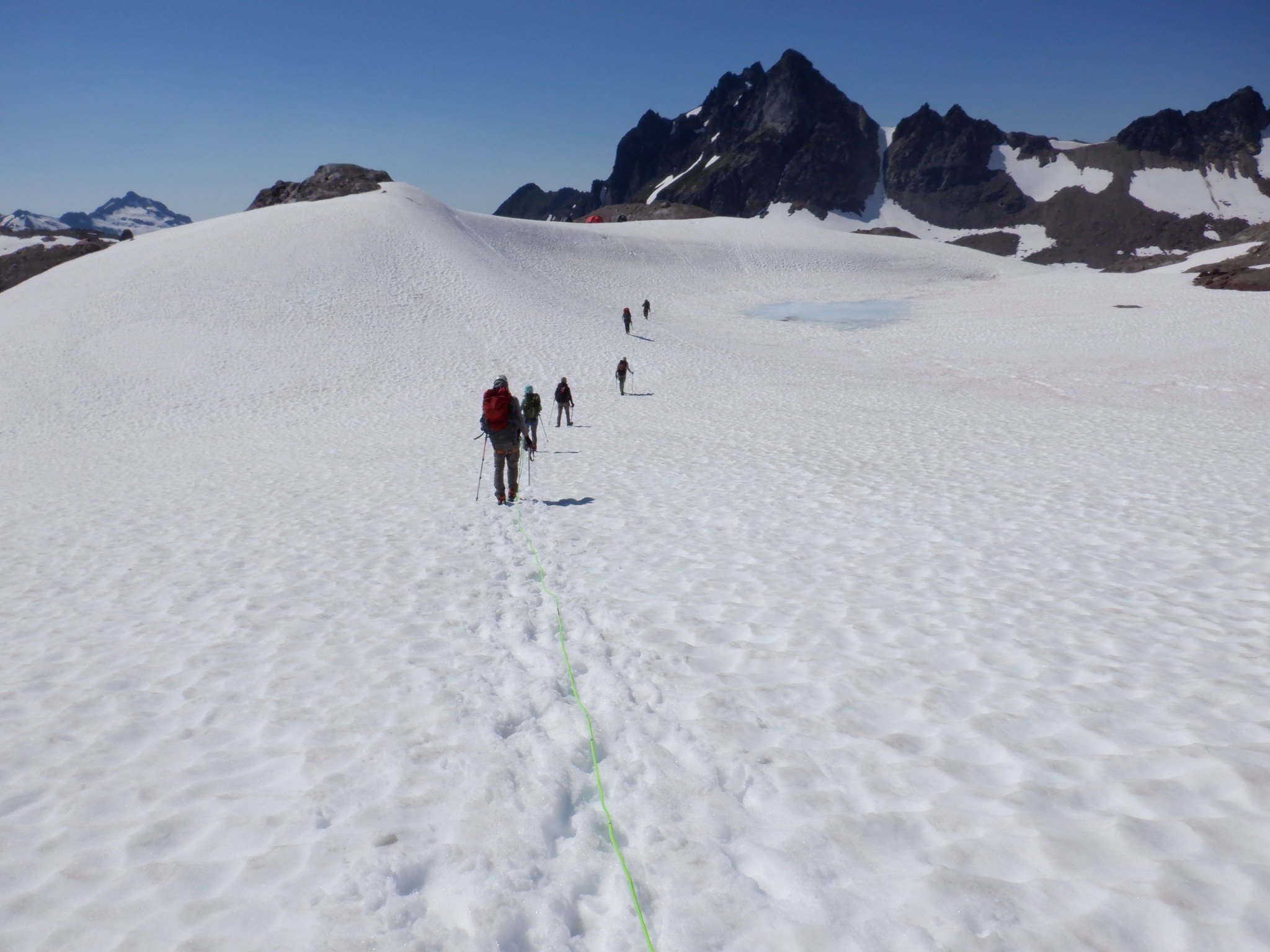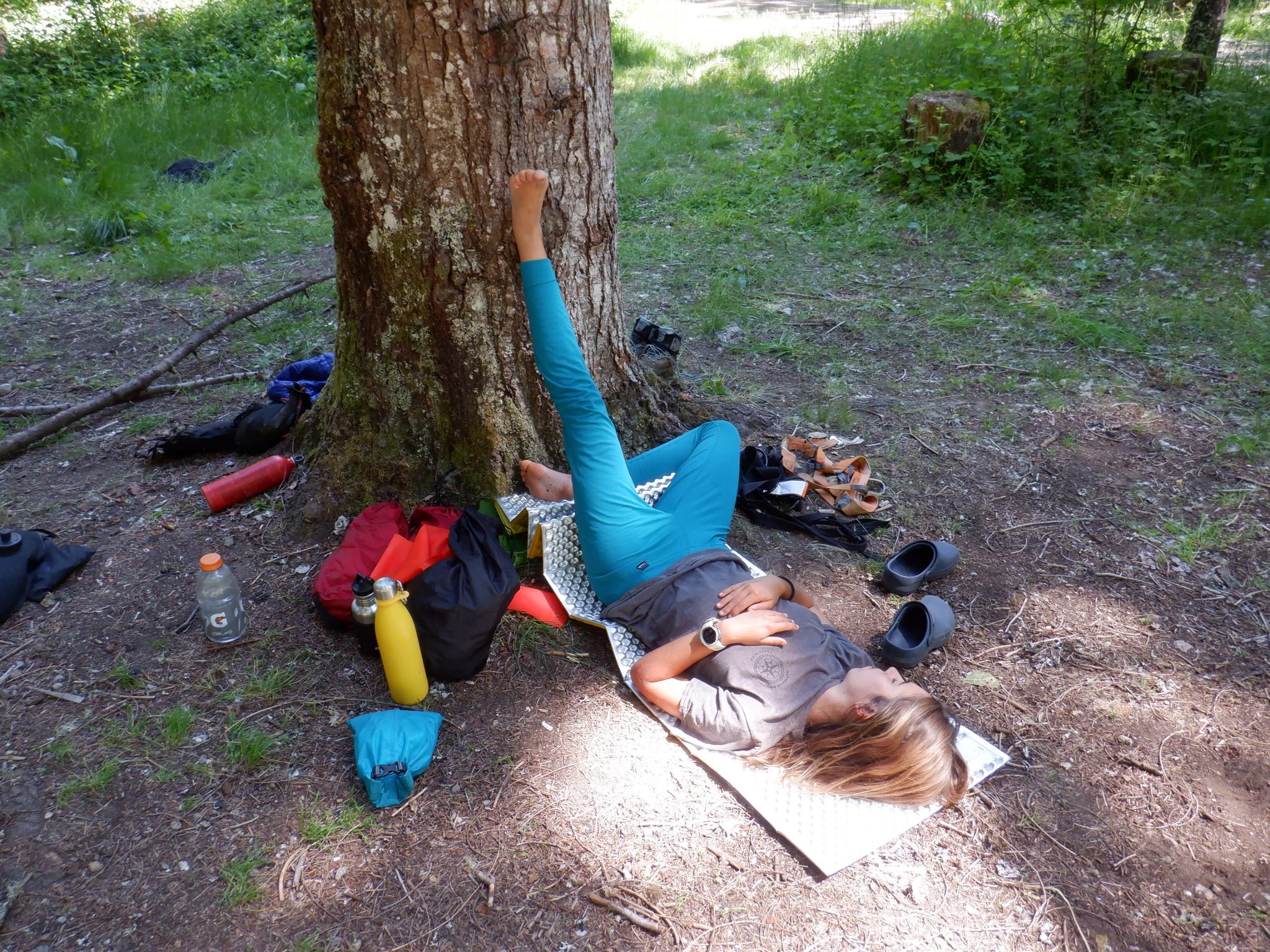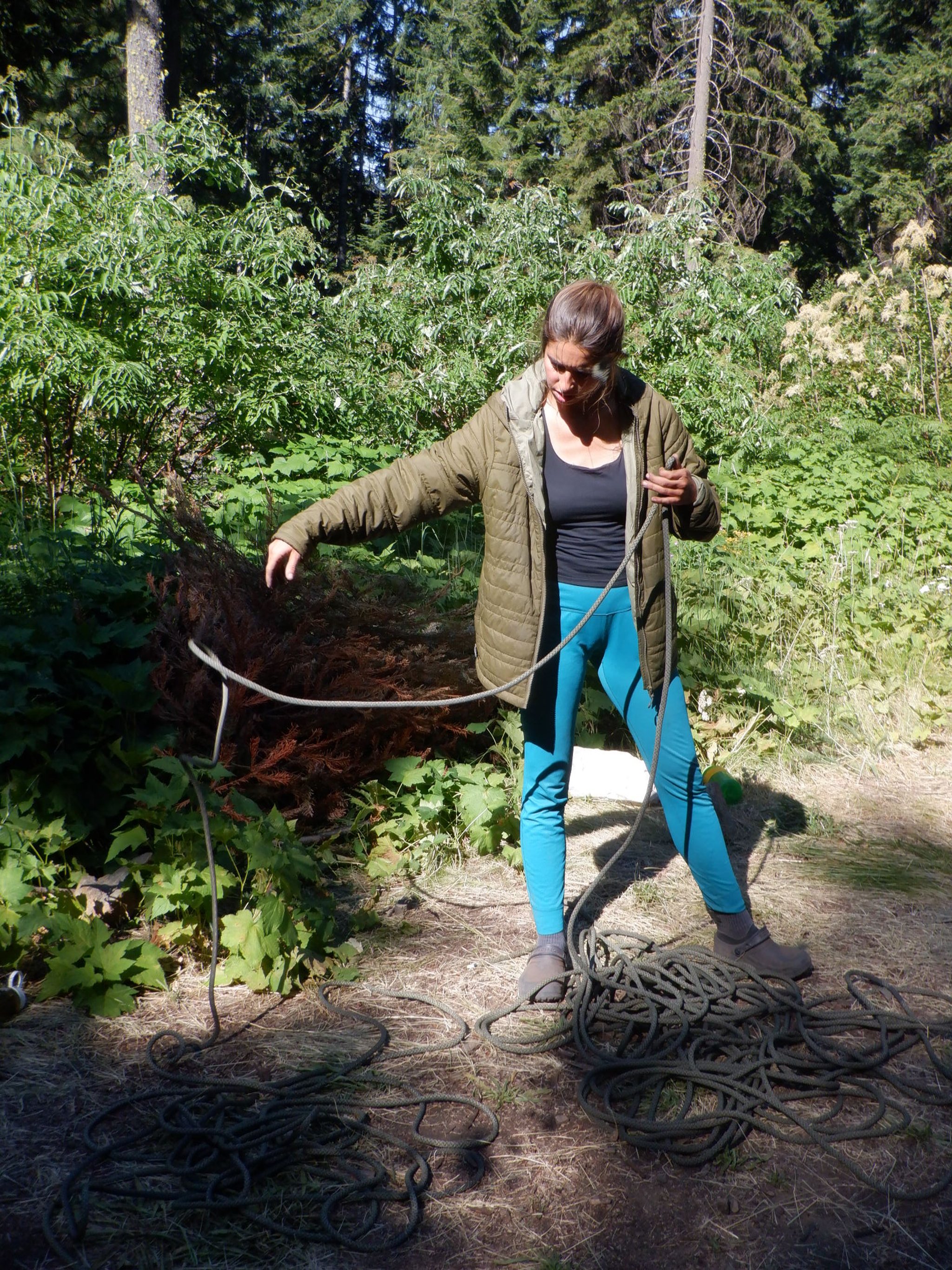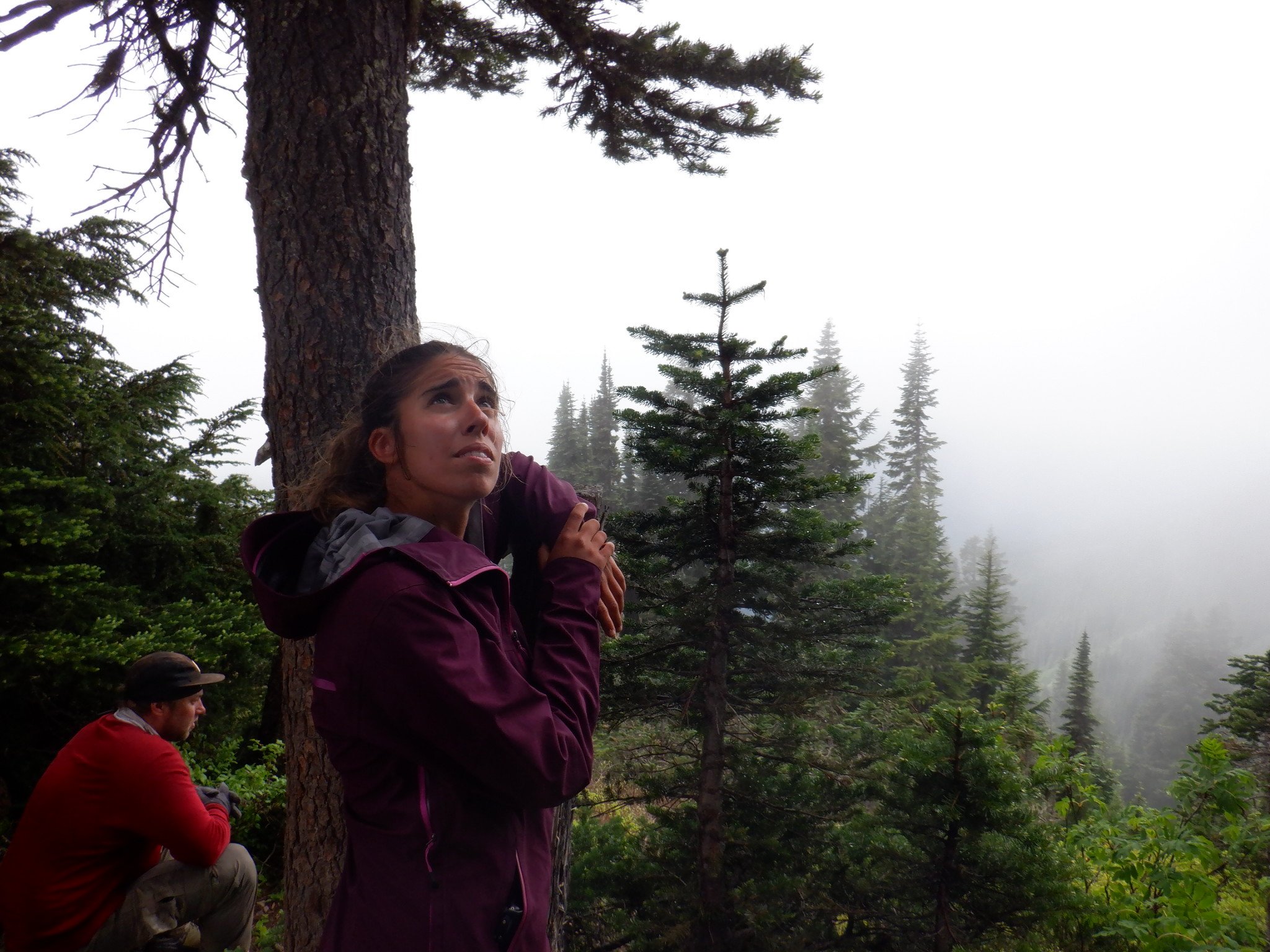Outdoor Education Training in PNW:
Becoming a Well-Rounded Outdoor Educator
Training lead by NOLS
During the course, participants underwent a carefully designed progression aimed at turning them into competent outdoor educators. The training began with a few days on the NOLS Pacific Northwest campus, where they learned the foundational skills necessary to work with groups and plan expeditions. Then, they embarked on an expedition into the North Cascades to explore the stunning natural surroundings. The program covered a range of topics, including minimum-impact camping, wilderness travel, basic mountaineering, rock climbing, and outdoor leadership, with a special emphasis on facilitating group learning in an outdoor environment.
By the end of the course, students had acquired the necessary outdoor and teaching skills to lead groups in various wilderness settings.
Skills and Techniques
Facilitation and Debriefing
During the Leadership & Facilitation Seminars, I learned techniques for facilitating and debriefing, which can be applied to a variety of settings. I also had opportunities to practice these skills in group exercises and receive feedback from instructors.
Technical Mountaineering
During the Backpacking & Mountaineering section, I learned the basics of mountaineering, including ice ax self-arrest, placing snow anchors, and coordinated rope-team travel. I also had the opportunity to practice these skills on a peak ascent. By the end of this section, I had a solid understanding of technical mountaineering skills and the ability to apply them in a variety of settings.
Risk Management
During the Rock Climbing section, I learned skills such as tying knots, rope handling, belaying, and building traditional and sports anchors. In addition to these technical skills, I also learned about risk management and techniques for managing climbing activities. I had opportunities to practice these skills in a front-country setting based out of a campground near the climbing area
Navigation and Decision-Making
Throughout the course, I had the opportunity to develop competence in navigation, leadership, risk assessment, and decision-making. Initially, my instructors traveled with me to teach these skills, but as I demonstrated competence, I was given more responsibilities. By the end of the course, I had developed proficiency in these areas and was able to travel in student-led groups without instructors for up to a day at a time.
